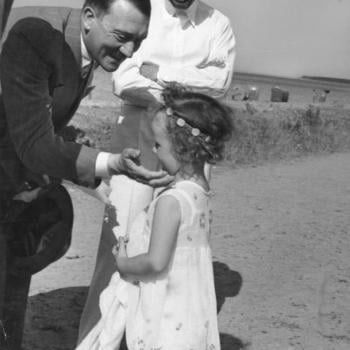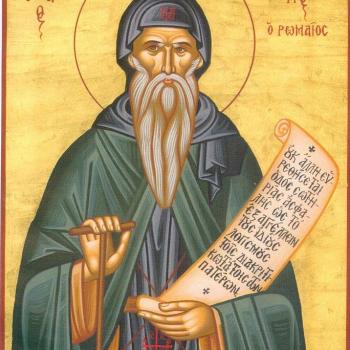Editors' Note: This article is part of a Public Square conversation on Religious Liberty. Read other perspectives here.
Two disparate social forces always threaten religious freedom.
Religious people compromise their own freedom when they pin their hopes for the vibrancy and strength of their faith communities on support from the government.
Opponents of religion threaten that freedom when they misread the founding documents of our democracy and insist on freedom from religion, rather than freedom for it.
But perhaps the greatest threat to freedom of all kinds lies with the political climate in which we live today. Polarizing forces on both the right and the left fail us all when they do not read the Bill of Rights, the Constitution, and our nation's laws with an eye to the principles by which we are all required to live as Americans. As citizens we ought to insist that our leaders lend their allegiance to the defense of those principles ahead of partisan politics. Therein lies the difference between a statesperson and a politician. The former are in short supply. The latter dominate our civic life.
The genius of the American experiment lies in the conviction that freedom is not given by the state, but is an inalienable gift given to human beings as God's creation. If you want an example of how easily those freedoms are extinguished in the absence of that conviction, witness the recent fortunes of Crimea and the Ukraine.
In the same vein, but with much more specific reasons, Christians should recognize that there is nothing that can finally threaten our freedom, even if that principle is tragically and finally compromised. Freedom is an inside job, made possible by the liberating love and grace of Christ. The government cannot give us that kind of freedom and it cannot defend it. When we allow ourselves to identify the Kingdom of God with the transformation or preservation of civic authority, we weaken our witness to the grace of God, we deprive our churches of courage that only God can give us, and we shrink the vision of God down to something small and pathetically manageable.
Members of other religious communities would no doubt say the same thing in different terms. Prophets, for example, reminded the children of Israel over and over again to avoid allegiances with political powers that offered chariots in exchange for the radical freedom that only the God of Abraham, Isaac, and Jacob could grant them.
So, is religious freedom threatened? In civic terms, yes. In spiritual terms, never—free is what we are.
3/26/2014 4:00:00 AM





